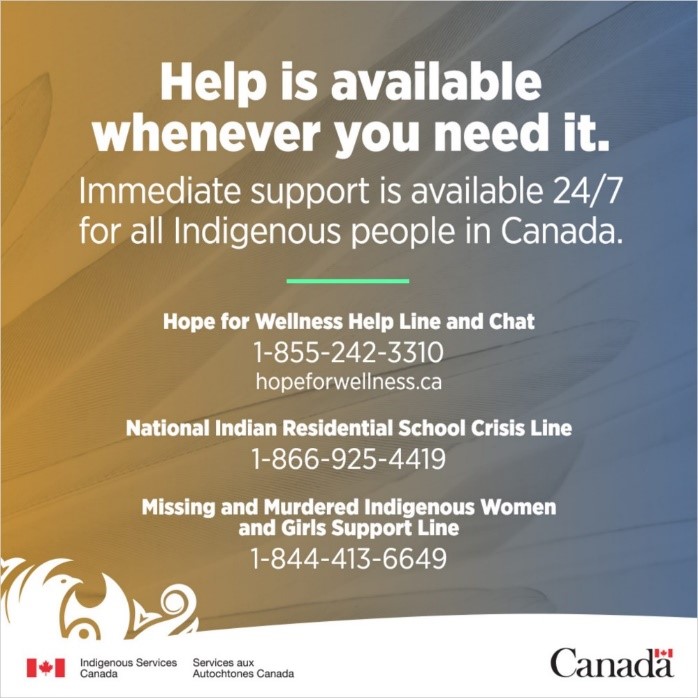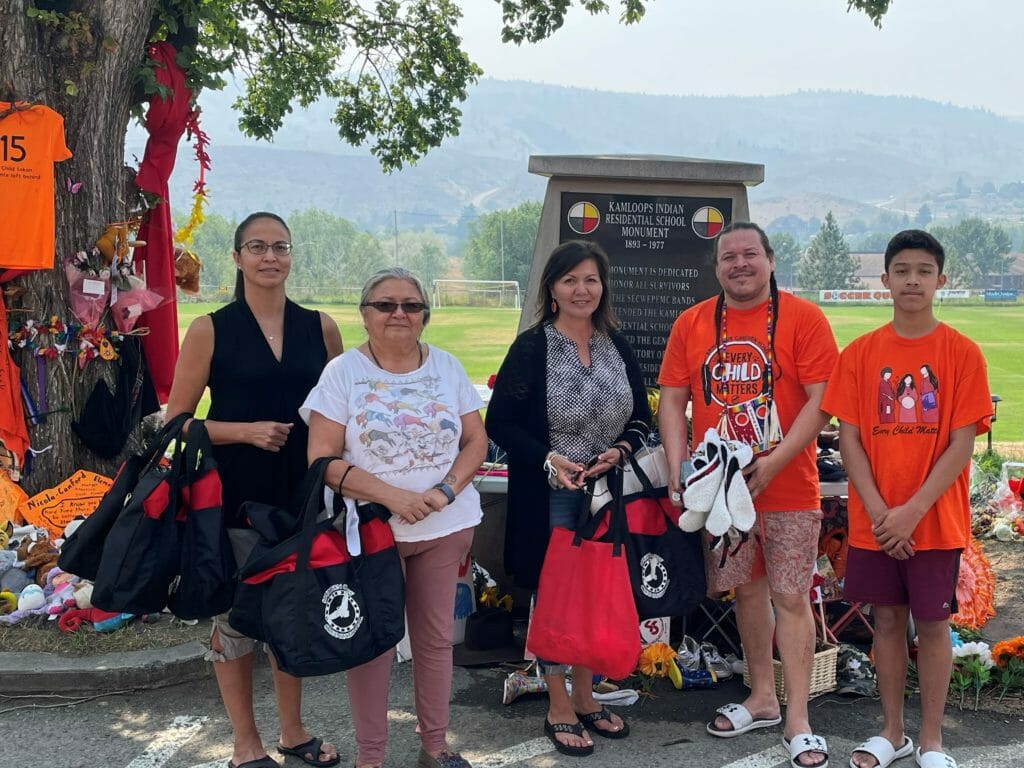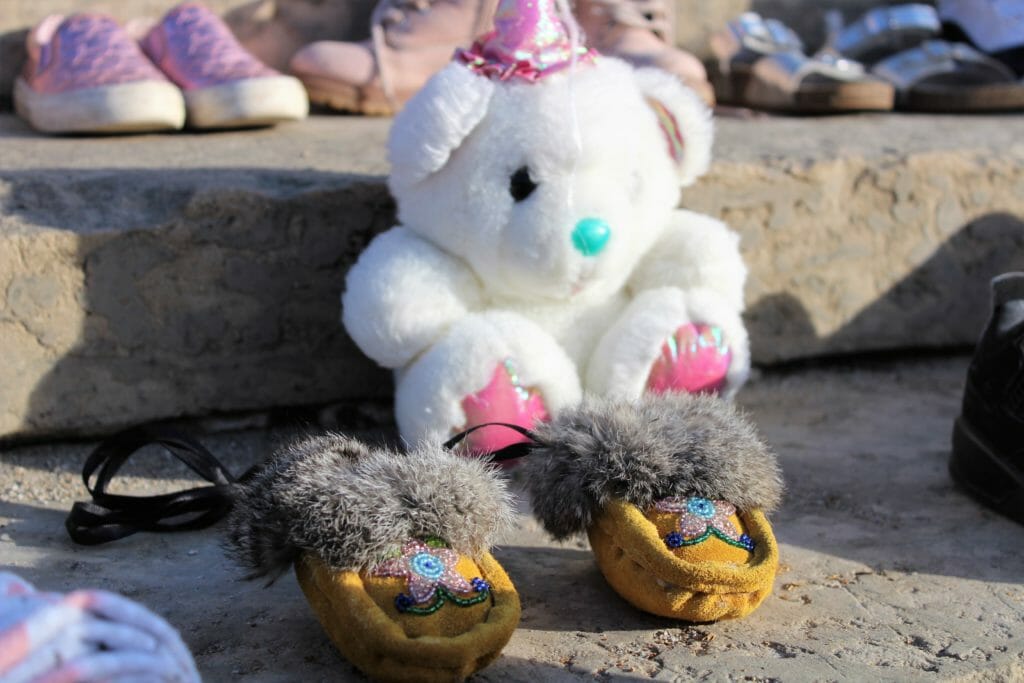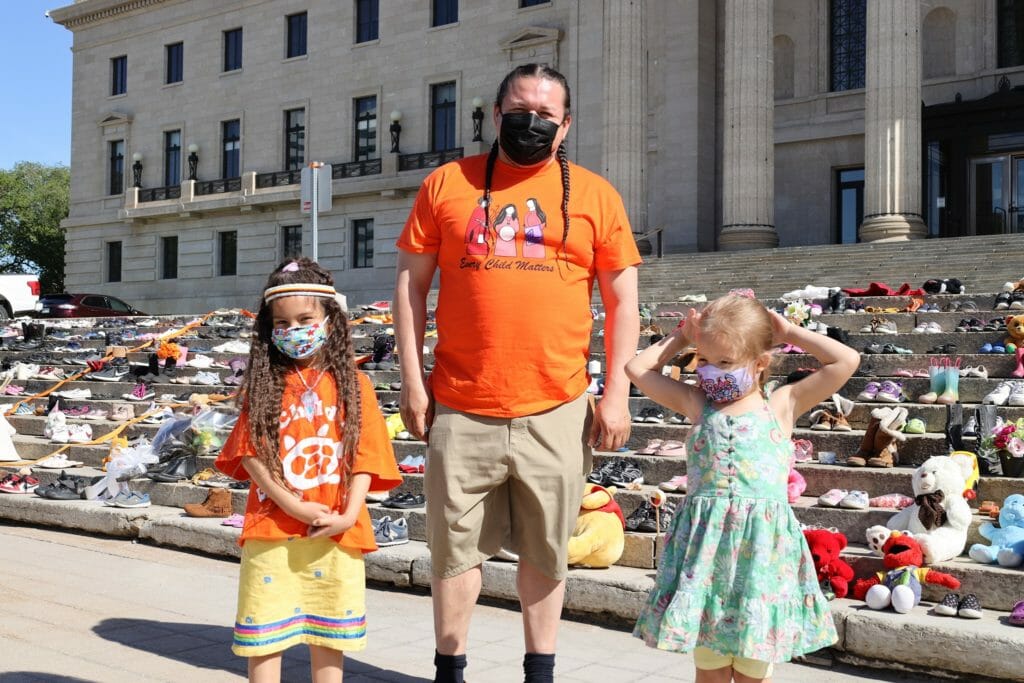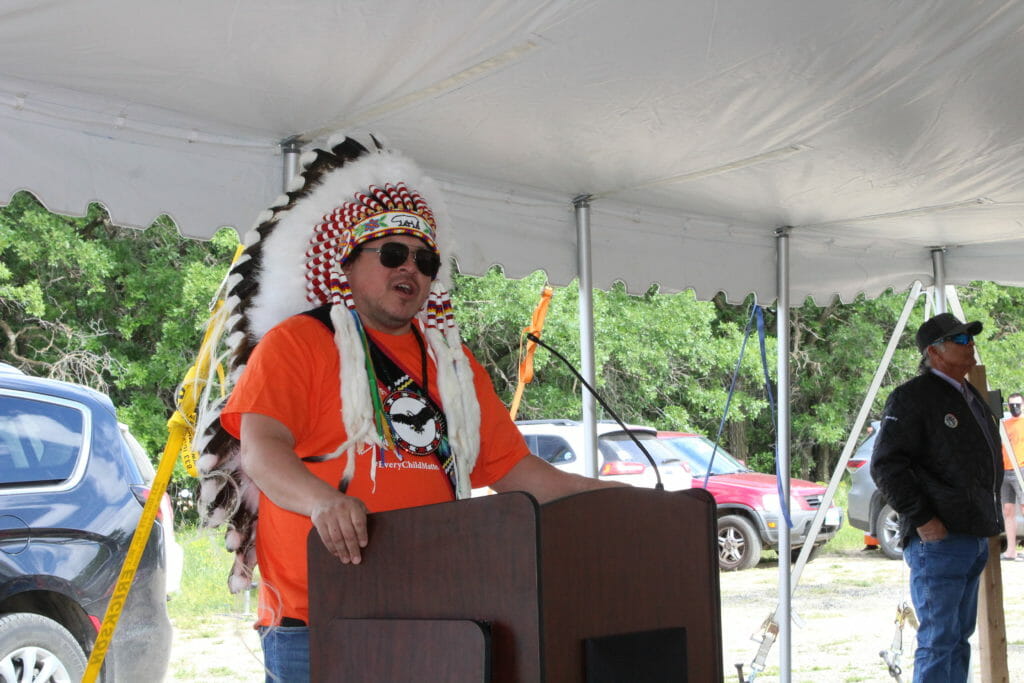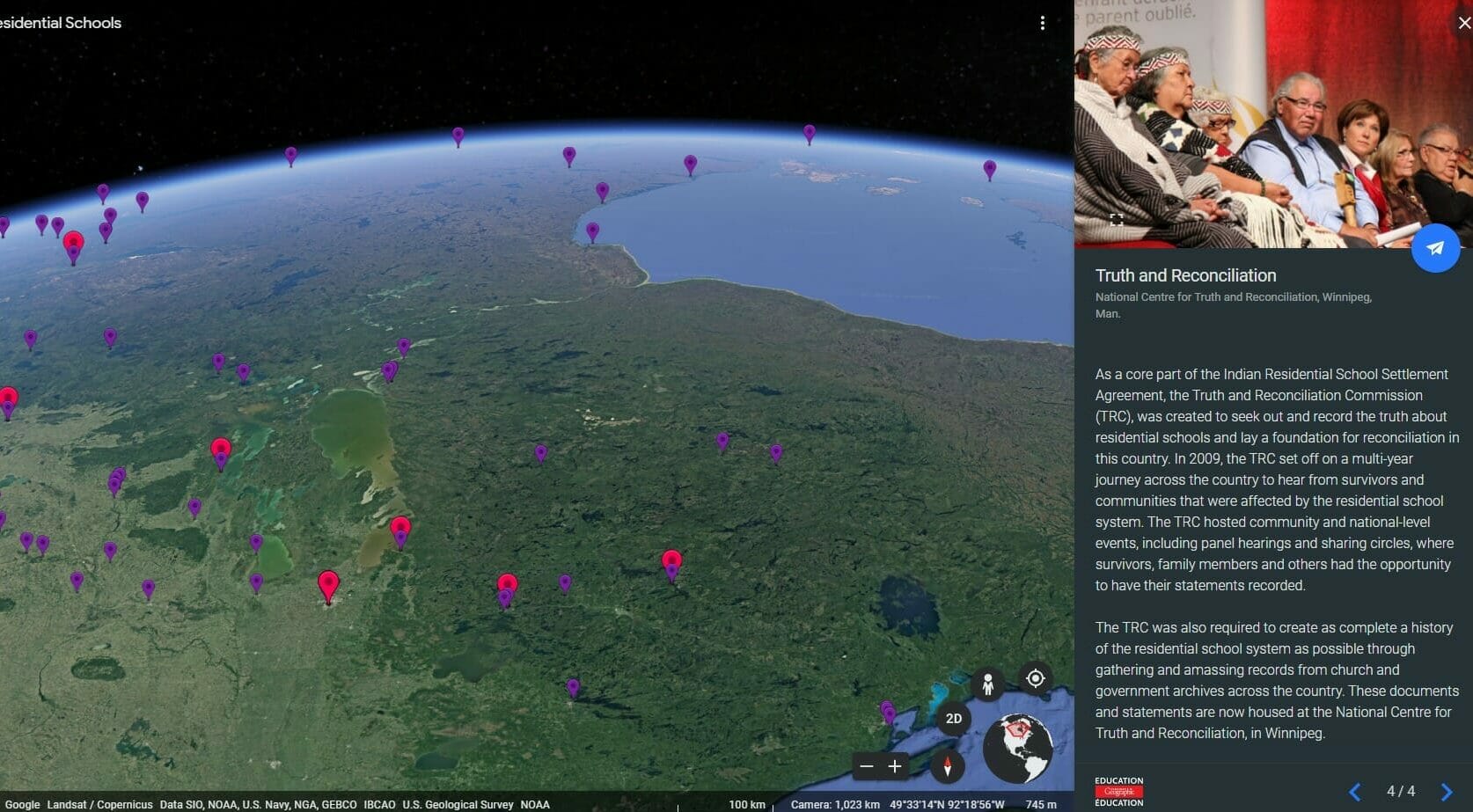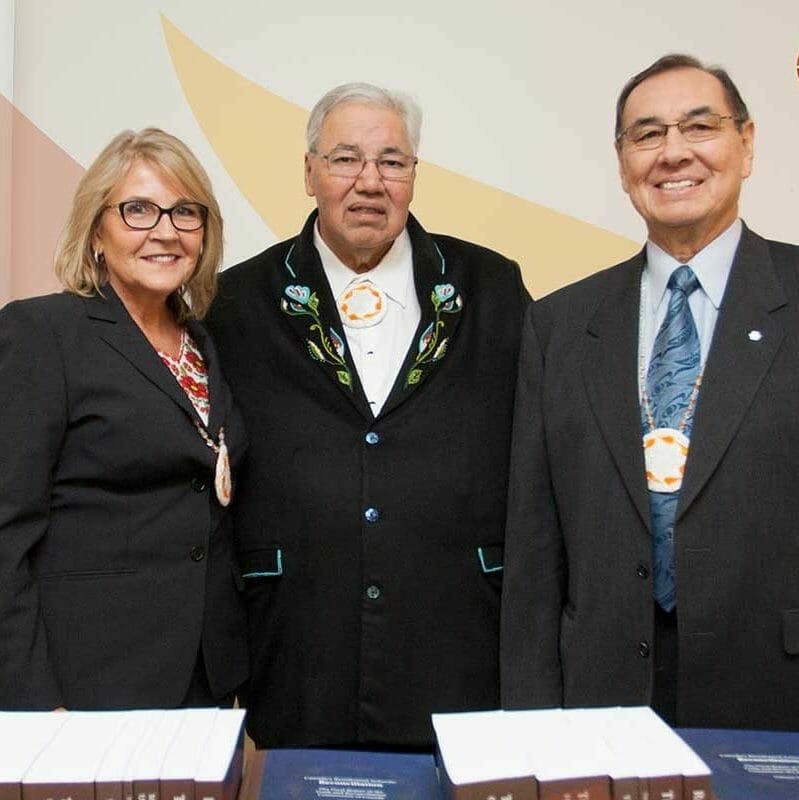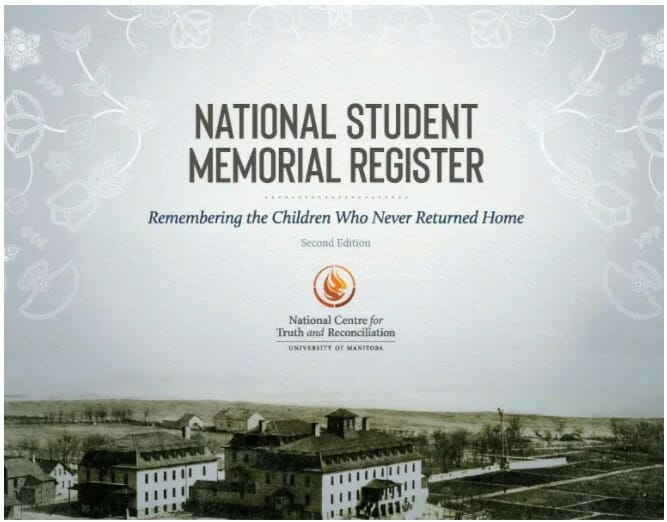Indian Residential Schools Help Line
An Indian Residential Schools Help Line 1-866-925-4419 is available 24 hours a day for anyone experiencing pain or distress as a result of their residential school experience.
**More information on Indian Residential School healing programs are at the bottom of this page.
SCO Pathways to Healing Program
In September 2022, SCO launched the Pathways to Healing Program to support healing for those dealing with ongoing traumas associated with Indian Residential Schools, Indian Day Schools, the Sixties Scoop and child welfare system, and the issue of missing and murdered Indigenous women, girls, and gender diverse people.
Our liaisons are ready to assist and advocate for survivors and families interacting with various colonial systems, and to help in the coordination of gatherings while providing emotional support for Survivors and their families.
Contact pathwayshealing@scoinc.mb.ca or call 204-946-1869 or toll-free 1-866-876-9701 during regular office hours.
Annual Every Child Matters Truth and Reconciliation Campaign
Every September, SCO launches a month-long ‘Every Child Matters’ campaign to honour Survivors and the lost children and to draw attention to lasting and meaningful truth and reconciliation for Indian Residential School Survivors and their families.

There is absolutely no disputing that the residential schools were one of the darkest periods in Canadian history, and that the legacy of the schools continues today.
Now that more and more Canadians know the truth about the little ones who never came home and what Survivors endured, it is imperative that we commit to change and to individual, organization, and corporate acts of reconciliation.
We are asking Manitobans and Canadians, what will you do in honour of Survivors and the children? Years from now, what will your legacy be?
Grand Chief Jerry Daniels
During the month of September, you will see ‘Every Child Matters’ billboards, and bus signs in Winnipeg, Brandon, Portage la Prairie, Dauphin, Steinbach, Winkler, and Swan River.
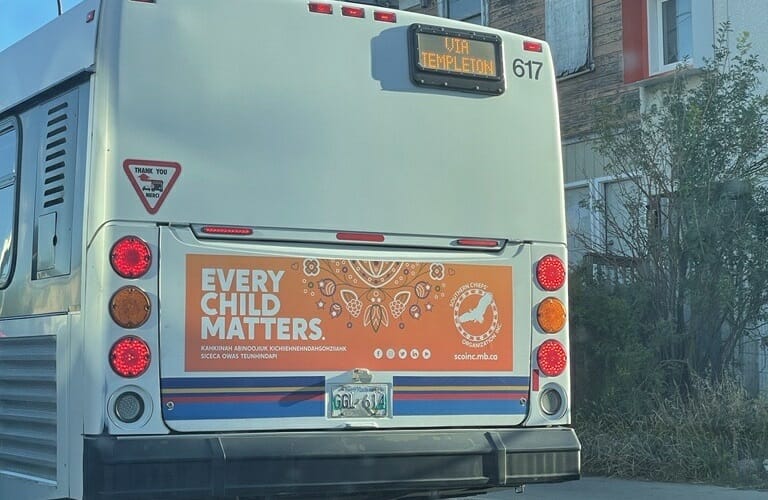
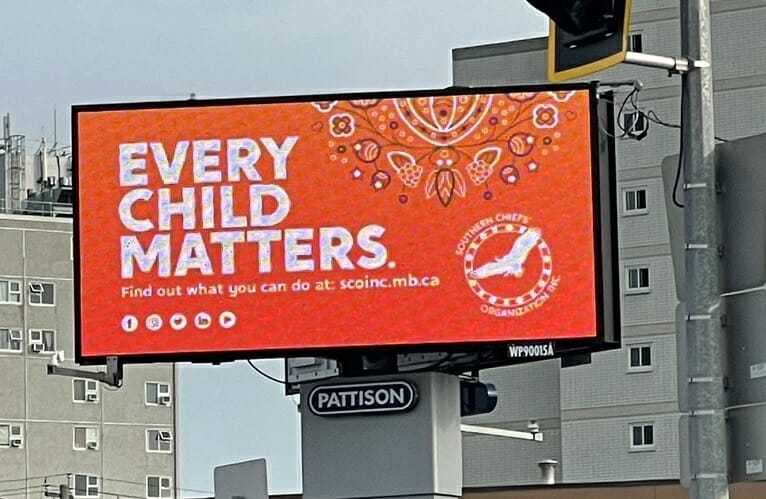
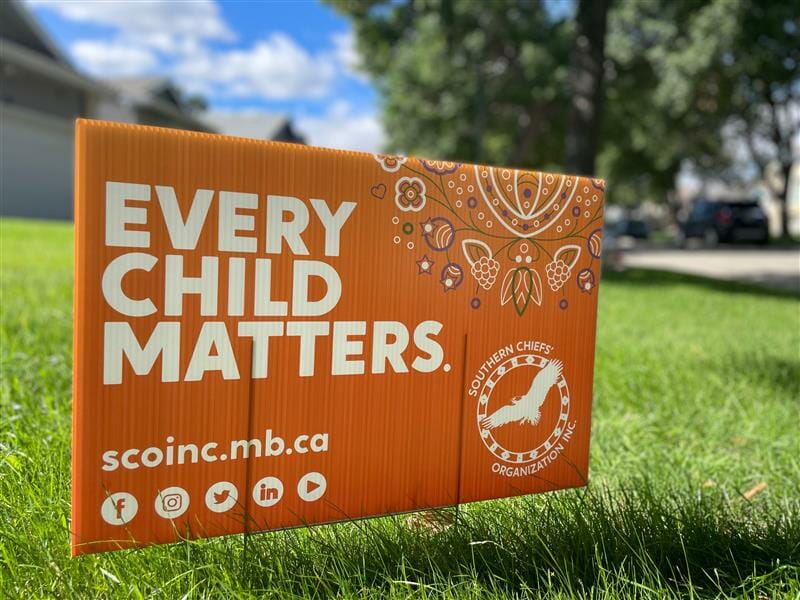
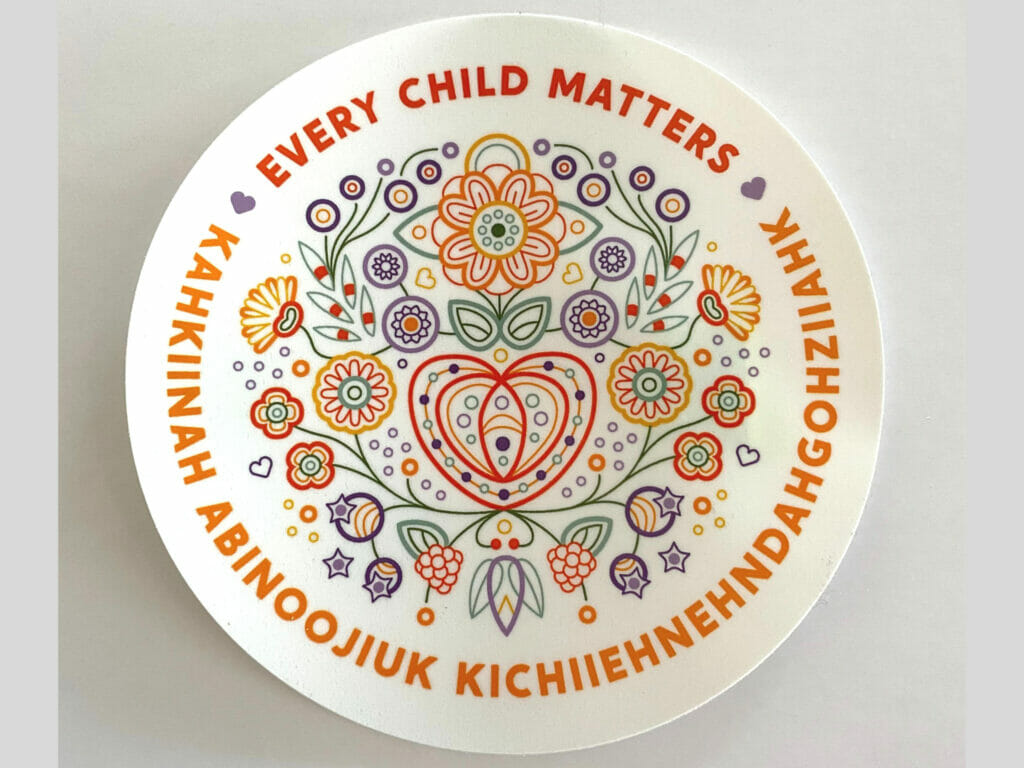
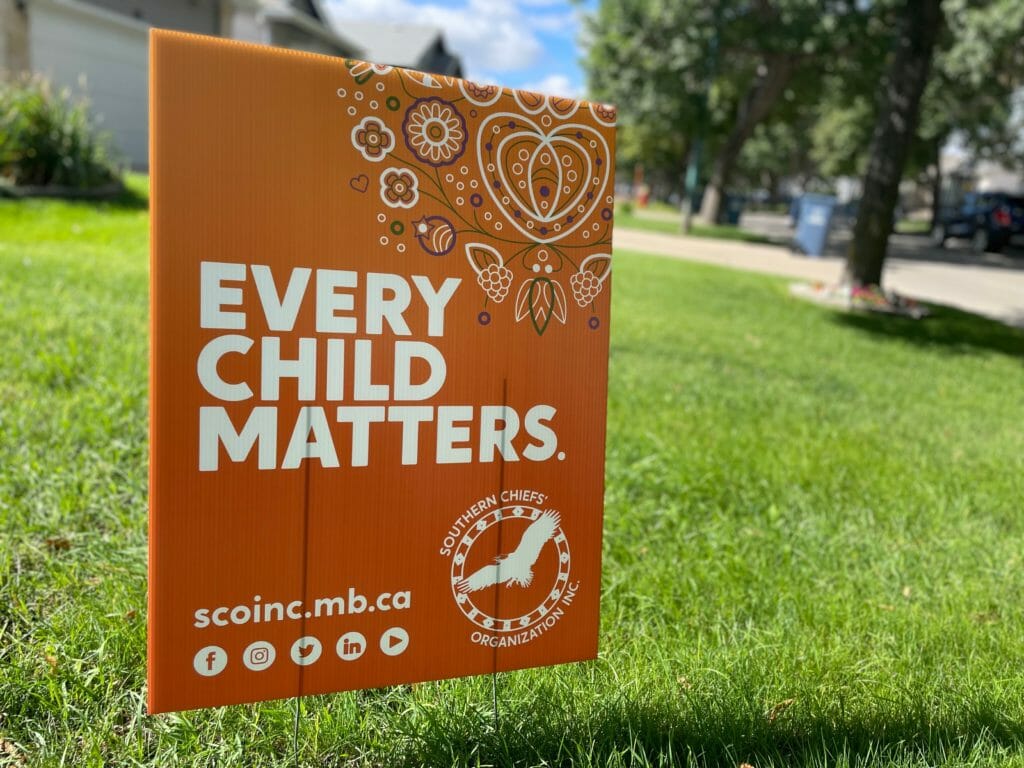
September is a traumatic month for First Nation people, because it was the month the children were stolen from our communities. This September and everyday after, I call on all who now share this land to learn everything you can about this dark period in Canada’s history, so that we can properly honour Survivors and remember the innocent lives that were lost because of it.
SCO Grand Chief Jerry Daniels
Indian Residential Schools
The Indian residential school system represents one of the darkest moments in our shared history. A network of boarding schools that were more like child labour camps, they were established by the Canadian government starting in 1831 and administered over the next 165 years by Roman Catholic, Anglican, United and Methodist and other Christian denominations. The Indian residential school system sought to ‘kill the Indian in the child’ and assimilate First Nation children by forcibly removing them from their families, communities, and cultures.
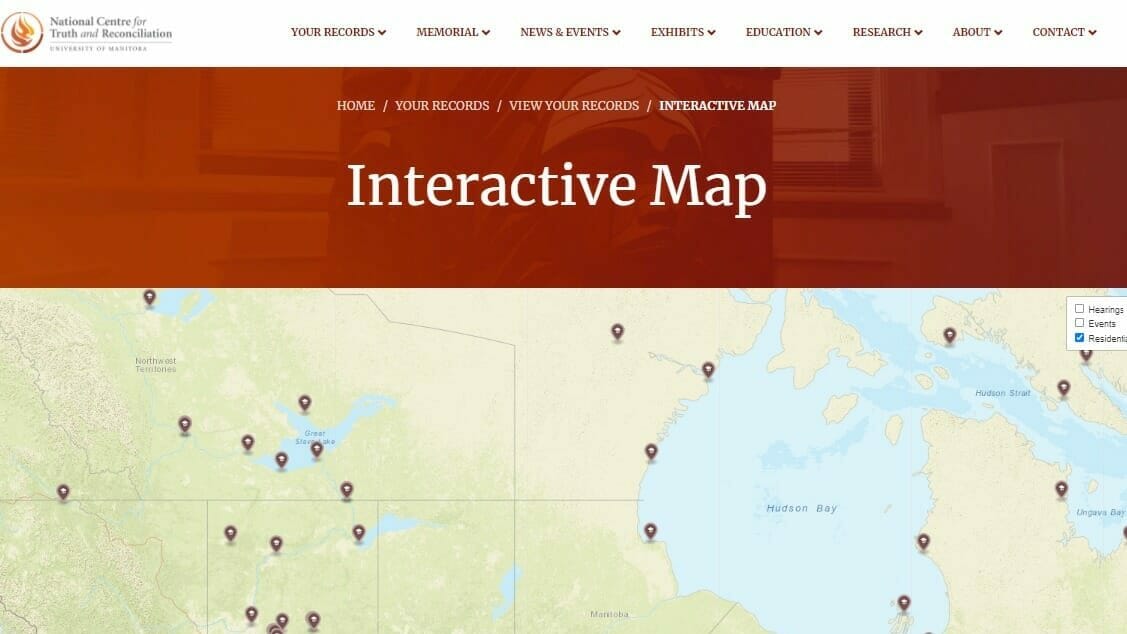
Includes archival material for each location
National Centre for Truth and Reconciliation IRS Interactive Map
September was referred to as ‘the crying month’ by many, as it was the month that children were taken from their families and communities. It is estimated that at least 150,000 First Nation children were sent to residential schools. In Manitoba, there were 19 residential schools including: Assiniboia (Winnipeg); Birtle; Brandon; Churchill Vocational Centre; Cross Lake; Dauphin (McKay); Elkhorn (Washakada); Fort Alexander (Pine Falls); Guy Hill (Clearwater, The Pas, formerly Sturgeon Landing, SK); Norway House United Church; Notre Dame Hostel (Norway House Roman Catholic, Jack River Hostel, replaced Jack River Annex at Cross Lake); Pine Creek (Camperville); Portage La Prairie; and Sandy Bay (Marius).
Students faced harsh discipline and physical, emotional and sexual abuse at the schools. Thousands did not make it home, dying of disease, starvation and abuse, or after trying to escape to make the long journey back to their families.
Truth and Reconciliation Commission of Canada
The Truth and Reconciliation Commission of Canada (TRC) was created as part of the Residential Schools Settlement Agreement, between Residential School Survivors, the Assembly of First Nations, Inuit representatives, and the parties responsible for creation and operation of the schools: the federal government and the church bodies.
The TRC’s mandate was to inform all Canadians about what happened in residential schools. The TRC documented the truth of Survivors, their families, communities, and anyone personally affected by the residential school experience: https://nctr.ca/records/reports/
National Centre for Truth and Reconciliation
The National Centre for Truth and Reconciliation (NCTR) is a place of learning located at the University of Manitoba campus in Winnipeg. It houses the truths spoken by residential school Survivors, families and their communities.
The NCRT can connect IRS Survivors with their school records. You can email them at nctr@umanitoba.ca. The NCTR also has resources and an online shop where you can purchase the “Calls to Action” booklet, which contains all of the Truth and Reconciliation Commission’s 94 Calls to Action.
The National Student Memorial Register
The National Student Memorial Register was created to forever remember and honour the children who never returned home from residential schools. The development of this memorial register, and the print form of the memorial, is the result of work by countless people and the advice, guidance and blessings from Survivors, Elders and Knowledge Keepers.
We honour and remember the children taken and the parents left behind. We recognize that every child matters. We mourn the lives lost.
Every Child Matters: Education Through Reconciliation
Canada’s History and the National Centre for Truth and Reconciliation are pleased to share the digital edition of the publication Every Child Matters: Reconciliation Through Education and corresponding educational materials. These are designed to support teachers and students in their learning journey. The activities are intended to encourage student inquiry and investigation, while also supporting action-based learning. Each lesson is based on one of the seven teachings, reminding all of us that love, truth, wisdom, humility, courage, respect, and honesty truly matter.
You can explore their learning activities or download a PDF of the entire Educator’s Guide.
IRS Resolution Health Support Program
The Indian Residential School Resolution Health Support Program (IRS RHSP) was created as a result of the hard fought Indian Residential Schools Settlement Agreement. Its purpose is to provide former students and their families with cultural, emotional, and mental health counselling services in response to the traumas they experienced in residential schools.
The IRS RHSP healing programs in Manitoba are trusted and well utilized, and in an average year the programs serve more than 40,000 Survivors and their family members.
To connect with Resolution Health Supports in Manitoba you can call their regional help line: 1-866-818-3505
For more information on the IRS RHSP, read the Assembly of First Nations’ IRS Resolution Health Support Program Continuation Report (PDF).
Healing & Wellness Centres
There are six healing centres in southern Manitoba that offer support and services for IRS Survivors and their families:
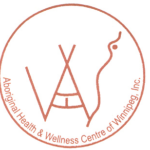
Aboriginal Health & Wellness Centre of Winnipeg
215 – 181 Higgins Avenue,
Winnipeg, MB
Phone: (204) 925-1204
Toll Free: 1-866-280-8809
1:1 counselling, sharing circles, traditional teachings, ceremonies. All groups are on hold currently. Spiritual Care Provider uses virtual and in person appointments, depending on pandemic restrictions.
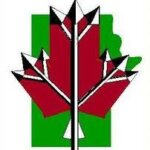
Southeast Resource Development Council Corporation (SERDC)
2nd Floor -360 Broadway
Winnipeg, Manitoba, R3C 0T6
Phone: (204) 956-7500
Fax: (204) 943-0374 or (204) 956-7382
SERDC ensures that eligible Former IRS Students and their family have access to mental wellness support services. The program also serves to ensure that eligible Former IRS Students can safely address a broad spectrum of mental wellness issues related to disclosure of their IRS experiences.
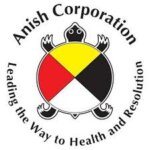
Anish Corporation
110-200 Alpine Way,
Swan Lake FN, Headingley, MB R4H 1C8
Phone: 204-334-9395
Fax: 204-336-0568
Toll Free: 1-866-640-5441
Email: admin@anish.ca
Delivers culturally appropriate health & wellness related programs and services to primarily Indigenous people regardless of residence, sex, gender, and sexual orientation. Our work includes advancing gender equality for Indigenous womxn in Manitoba.

Wa-Say Healing Centre
Unit 226 – 388 Donald Street,
Winnipeg, MB R3B 2J4
Phone: (204) 774-6484
Wa-Say Healing Centre primarily (but, not solely) assists former Indian Residential Schools (IRS) students and their families in accessing appropriate levels of emotional health and wellness support services.1:1 counselling, sharing circles, traditional teachings, ceremonies, body work, arts and crafts. o May be a short waitlist; using virtual and in person appointments, depending on pandemic restrictions.
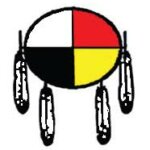
Sagkeeng IRS Wellness Centre
Pine Falls, MB
Phone: (204) 367-9990
Sagkeeng Health Centre IRS Program assists with Cultural,Emotional and Professional Supports as well as Transportation.
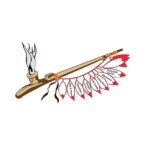
West Region Tribal Health Services (WRTHS)
Toll Free: 1-866-385-9400
317 Main St. North Unit 16 – 2nd Floor
Dauphin, MB R7A 1C5
The West Region Treaty 2 & 4 Health Services IRS-RHSP provides emotional and cultural support and services including health and wellness related programs to former Indian Residential School Survivors and/or Families whom reside on and off reserve.
Other Healing Supports in Southern Manitoba
WRHA Indigenous Health – Traditional Wellness Clinic
204-940-8880 | connectme@wrha.mb.ca
Call WRHA Indigenous Health – Centralized Services at 204-940-8880 or 1-877-940-8880, or fax 204-943-1728, https://www.wrha.mb.ca/ and go to Indigenous Health
Traditional Healer provides access to traditional medicines and ceremonies for people in hospital and in community. Operates 2 days a month out of HSC; using virtual and in person appointments, depending on pandemic restrictions.
Brandon Friendship Centre – Aboriginal healing and Wellness
(204) 726-8791 | bfc_wellness2@wcgwave.ca
WINNIPEG, MB – Aboriginal Healing & Wellness is a counselling and wellness centre that utilizes Indigenous healing ways and mental health practices within its services and programs. The purpose of the service is to assist individuals on the path of healing and wellness. We believe in using the head, heart, hands, and spirit to guide individuals on their healing journey. The goal of the service is to enhance the physical, mental, emotional, and spiritual well-being of individuals through holistic healing.
Indigenous Women’s Healing Centre (IWHC)
(204) 989-8240 | rswnwt1@iwhc.ca
WINNIPEG, MB – Since 1979, the Indigenous Women’s Healing Centre (IWHC), formerly known as Native Women’s Transition Centre Inc. (NWTC) has worked to support and strengthen Aboriginal women and mothers on their journey of healing and recovery from family violence, addictions, intergenerational issues and institutionalization.
Since opening our doors, the Indigenous Women’s Healing Centre has offered a safe place for over 20,000 Indigenous women and their children. During their residency, women are encouraged to return to their cultural roots to meet life’s challenges, build on personal gifts and strengths and undergo healing and transformation by learning together as women.


